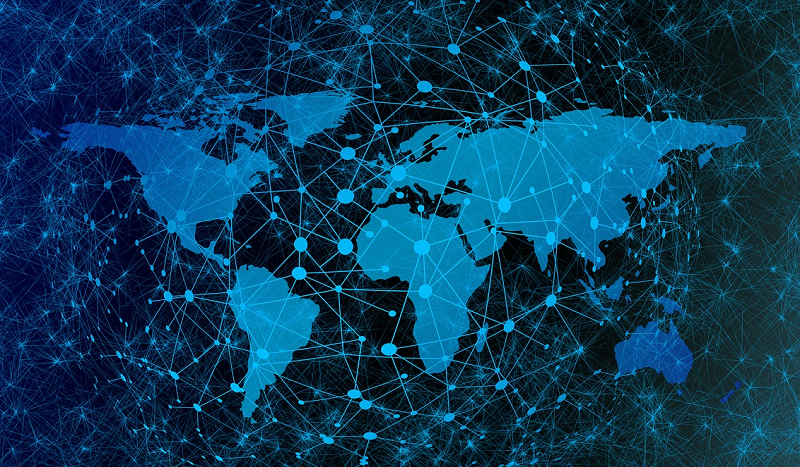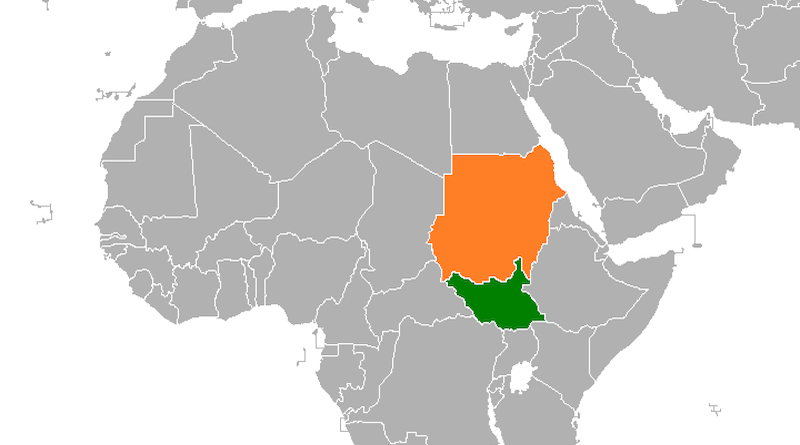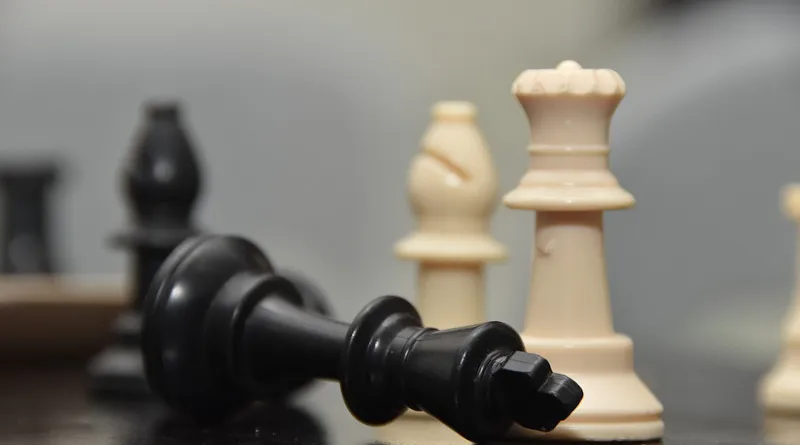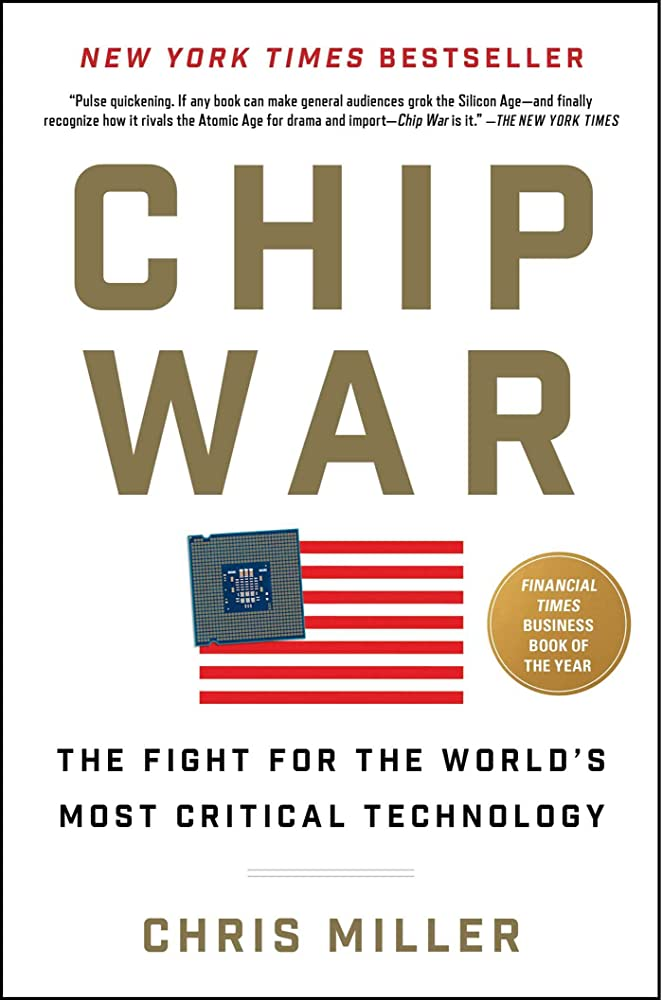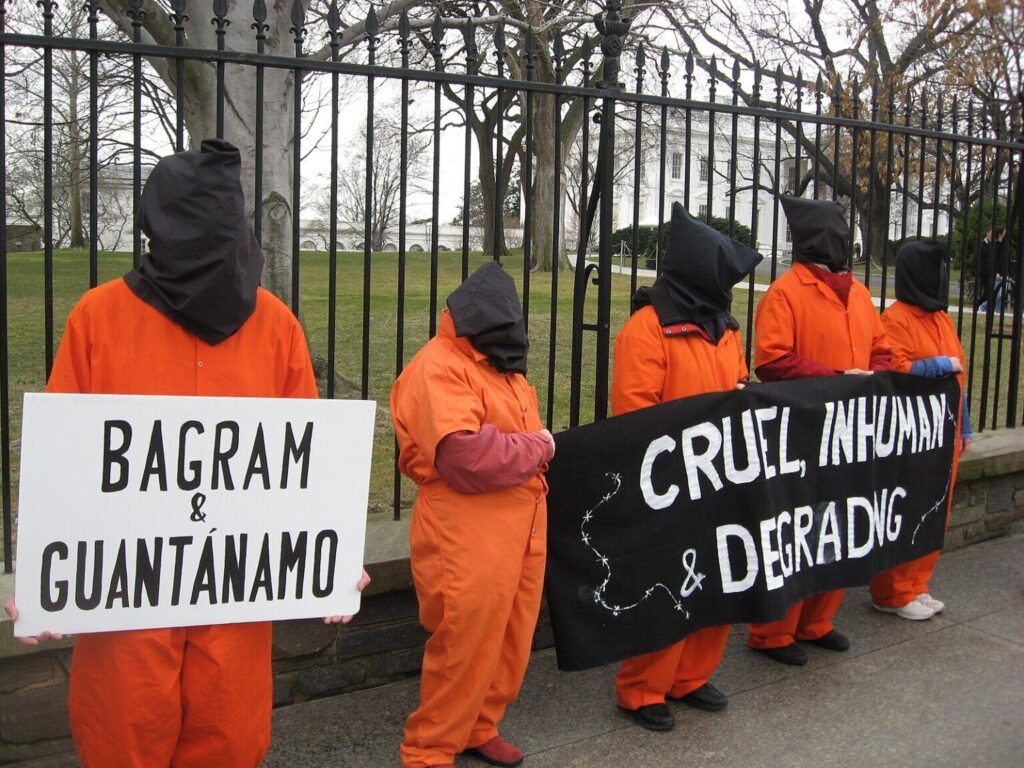IN DISORDER, THEY THRIVE: HOW
RURAL DISTRESS FUELS MILITANCY
AND BANDITRY IN THE CENTRAL SAHEL
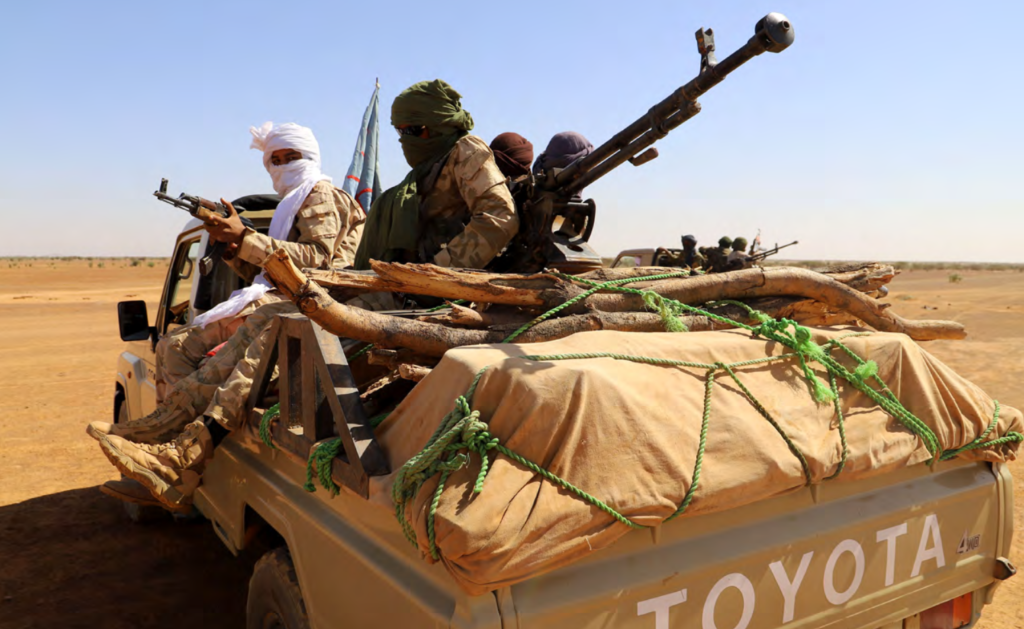
The central Sahel — Burkina Faso, Mali, and Niger — has changed dramatically since the armed insurgencies that emerged in northern Mali in 2012. The resulting deterioration in security has been worse and more far reaching than anything experienced by the region in recent times. Aggressive extremist organizations, unaccountable community-based armed groups, and criminal gangs have all proliferated, wreaking havoc on populations in the central Sahel countryside.

